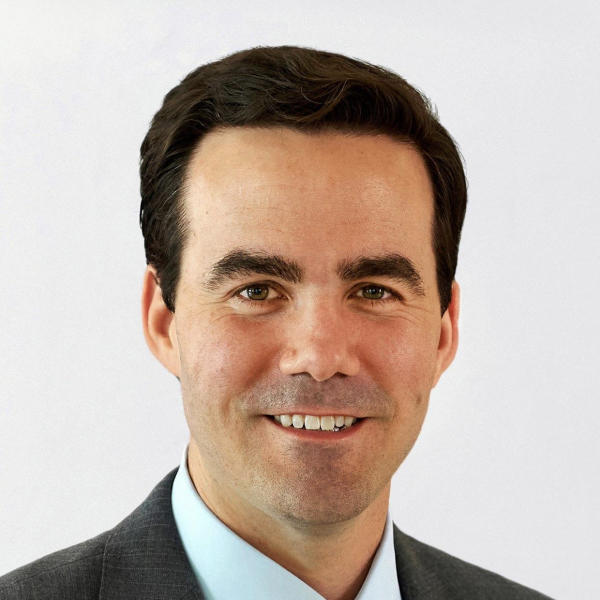Investigators accessed Trump White House cellphone records and plan to use them at trial, special counsel says
Washington — Federal investigators have gained access to White House cellphone records — including a phone used by former President Donald Trump — and could use that information as evidence in the special counsel's 2020 election-related trial, prosecutors revealed late Monday.
While it remains unclear exactly what prosecutors got their hands on and how much the White House cellphone records account for Trump's past online activity, according to special counsel Jack Smith, a technical witness who examined the phone for usage information "throughout the post-election period" might be called to discuss the data during the trial.
This person, whom Smith refers to as "Expert 3" in a court filing, "extracted and processed data from the White House cell phones used by the defendant and one other individual (Individual 1)," Smith's filing said. Expert 3 also "specifically identified the periods of time during which the defendant's phone was unlocked and the Twitter application was open on January 6."
The filing also says the witness "reviewed and analyzed data on the defendant's phone and on Individual 1's phone, including analyzing images found on the phones and websites visited."
Prosecutors charged Trump with four criminal counts to which he pleaded not guilty, including conspiracy to defraud the U.S. for his alleged efforts to resist the transfer of power. "Individual 1" in the indictment has been identified by CBS News as former Trump lawyer Rudy Giuliani. He is one of six unnamed and uncharged individuals in the indictment.
The former president has denied wrongdoing in the case and has slammed Smith's prosecution as politically motivated. A Trump campaign spokesman did not immediately respond to a request for comment on the new court documents.
Monday's filing came in response to a court order asking for information related to any expert witnesses the parties plan to call as part of the upcoming federal trial, which is currently slated to begin on March 4, 2024. While the filing does not mention experts by name, prosecutors wrote about two additional expert witnesses they plan to call who will use digital data to explain the crowd's movement on Jan. 6.
It is not the first time Trump's phone usage has been in the sights of investigators scrutinizing his post-election conduct.
Internal White House records from Jan. 6 turned over to the now-defunct House select committee last year showed a gap in Trump's official phone logs of seven hours and 37 minutes, including the period when the building was under assault, according to documents obtained by CBS News' chief election & campaign correspondent Robert Costa and The Washington Post's associate editor Bob Woodward.
Costa and Woodward reported last year that the lack of an official White House notation of any calls placed to or by Trump for 457 minutes — from 11:17 a.m. to 6:54 p.m. — on Jan. 6, 2021, meant that there was no record of the calls made during the height of the breach.
Eleven pages of records were turned over by the National Archives last year to the House select committee investigating the Jan. 6 attack as part of the panel's past investigation that included examining whether or not the former president used "burner phones" while in office.
In response to Costa and Woodward's reporting last year, Trump said, "I have no idea what a burner phone is. To the best of my knowledge, I have never even heard the term," and a Trump spokesperson said at the time that Trump had nothing to do with the records and had assumed any and all of his phone calls were recorded and preserved.
John Bolton, his former national security adviser, asserted in an interview later — after CBS News and Washington Post reported that he recalled Trump using the term "burner phones" in several discussions — that Trump was aware of its meaning.
Smith's court filing on Monday came just hours after the Supreme Court agreed to fast-track its consideration of a request by the special counsel in order to take the unusual step of deciding on a key question central to the case before an appeals court examines it.
Prosecutors asked the justices to consider the question of whether Trump, or any president or former president, is completely shielded from federal prosecution for alleged conduct that occurred while in office. A federal judge already ruled against Trump and denied his request to dismiss the case on grounds of presidential immunity.
The former president then appealed the decision to the D.C. Circuit Court of Appeals, but Smith's team later asked the Supreme Court to preemptively intervene because the trial date is rapidly approaching, and he recognizes the issue would likely end up before the high court anyway.




